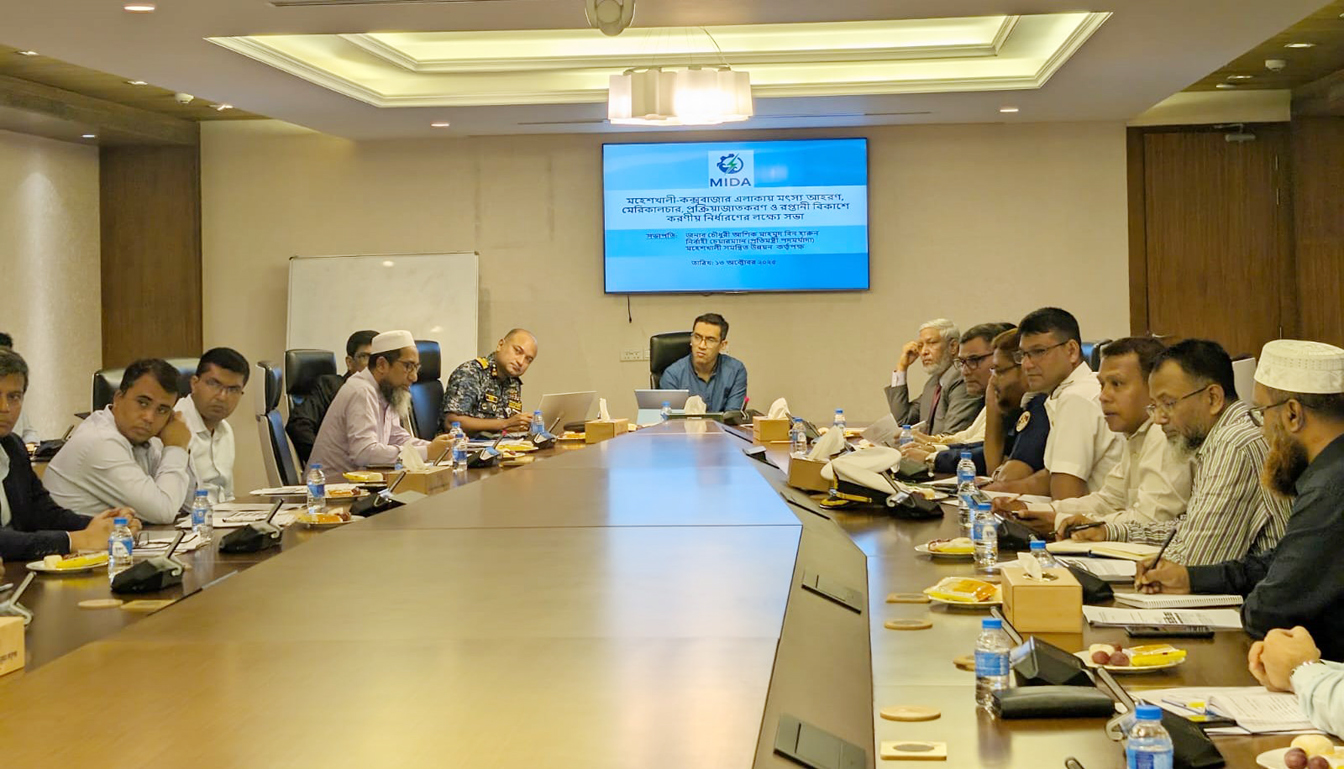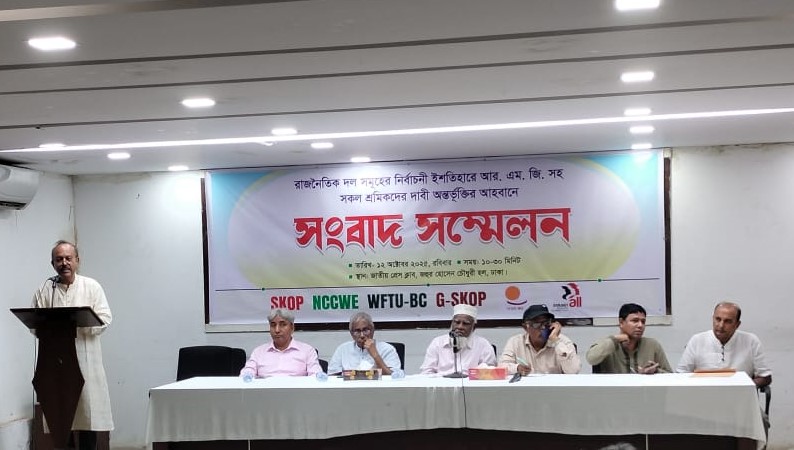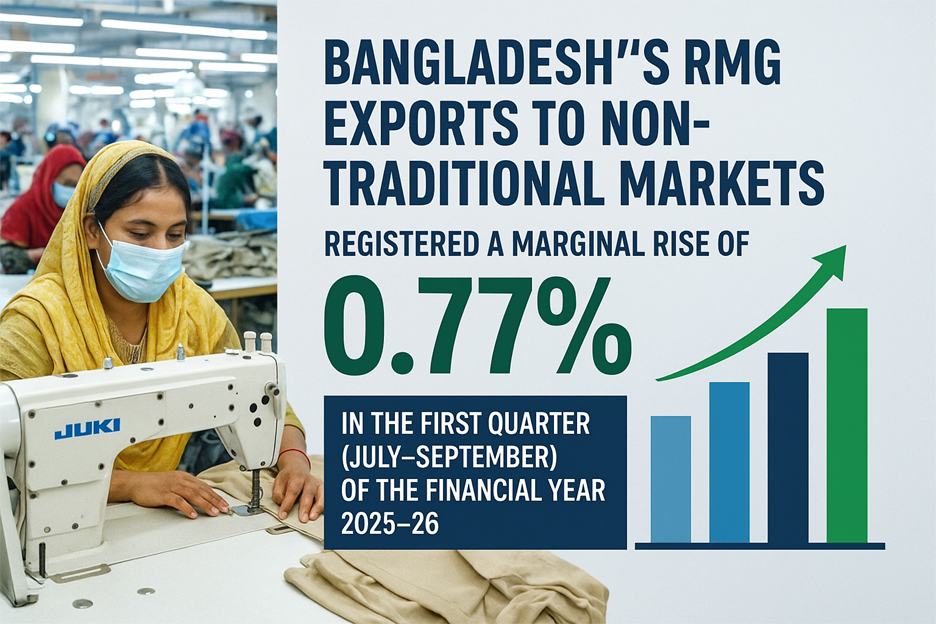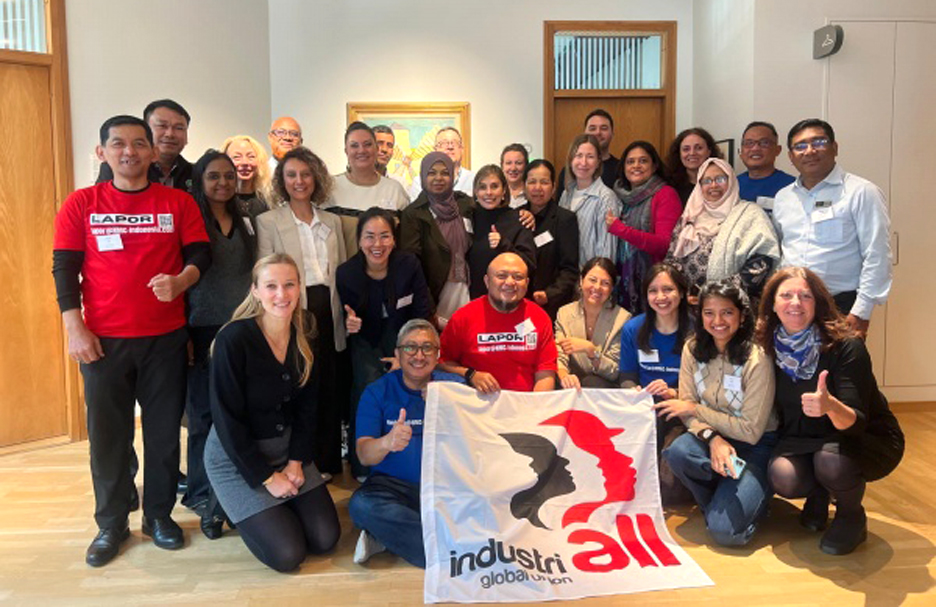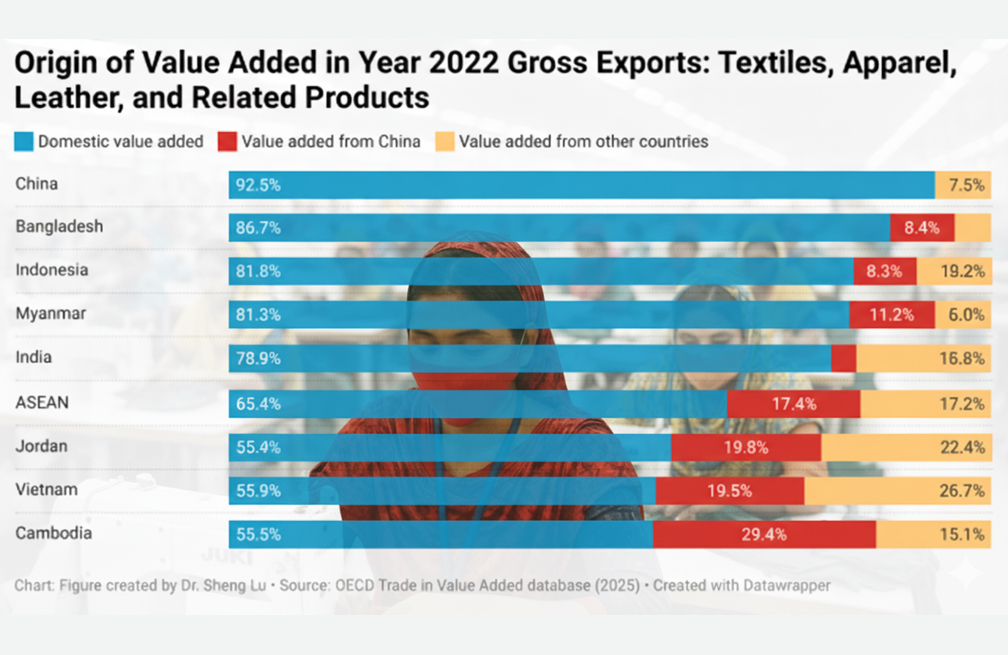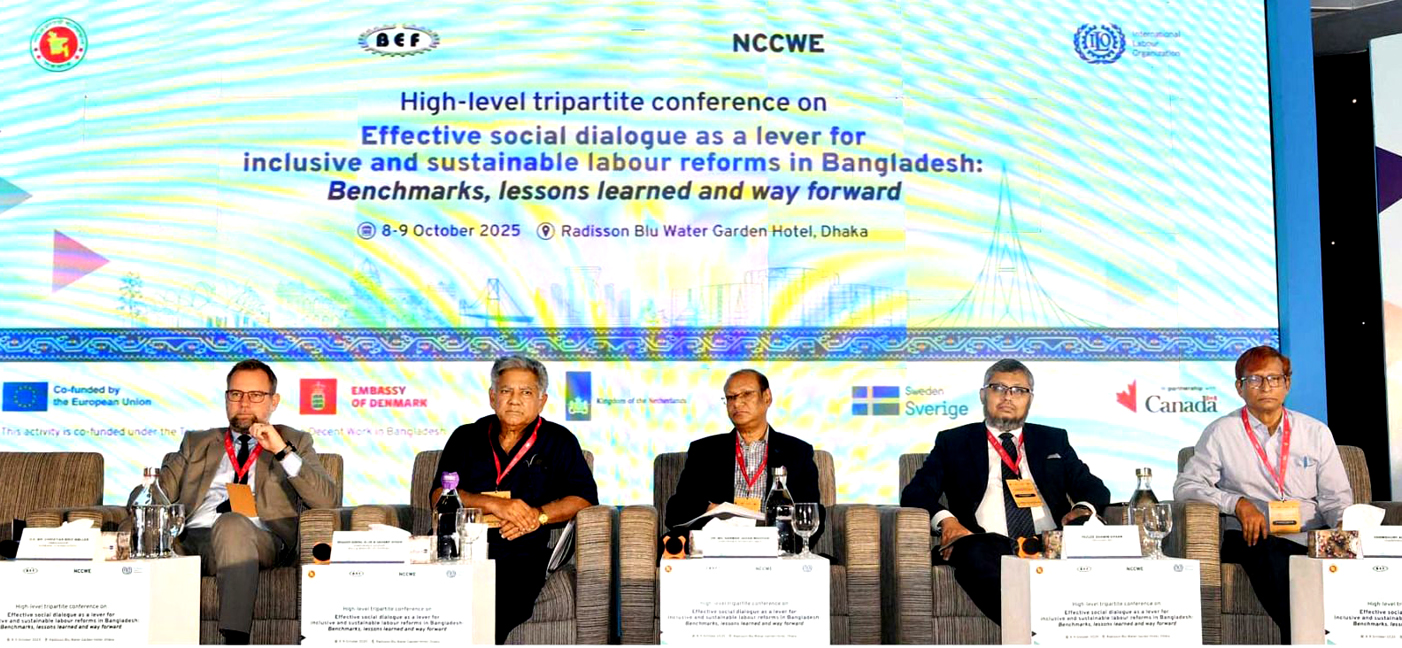Brazil has formally filed a complaint with the World Trade Organization (WTO) against the United States, challenging a series of US tariff measures that impose a 10 per cent duty on all Brazilian products, along with an additional 40 per cent duty on certain Brazilian goods.
The complaint alleges that these measures breach fundamental multilateral trade rules. The dispute centres on duties imposed under Washington’s ‘Fair and Reciprocal Plan’ (FRP) and subsequent actions that have raised import tariffs on Brazilian goods to as much as 50 per cent.
The request for consultations — the first step in the WTO’s dispute settlement process — was circulated to WTO members on August 11.
In its formal submission, Brazil accuses the United States of violating several key provisions of WTO law.
It contends that the US has breached the General Agreement on Tariffs and Trade (GATT) and the WTO’s Dispute Settlement Understanding (DSU) in multiple ways.
Brazil claims the US violated GATT Article I:1 by failing to provide Brazilian products with the same tariff treatment granted to other WTO members exempt from additional duties, undermining the principle of non-discrimination.
It also alleges breach of GATT Article II:1(b) by imposing tariffs above the bound rates listed in the US Schedule of Concessions, and GATT Article II:1(a) by giving less favourable treatment to Brazilian goods than required under US WTO commitments.
Furthermore, Brazil argues that the US contravened DSU Article 23.1 by seeking to redress alleged trade grievances through unilateral tariffs rather than following WTO dispute settlement procedures.
The complaint also cites violation of DSU Article 23.2(a), accusing the US of making unilateral determinations of WTO breaches without resorting to the agreed dispute resolution system.
The FRP originates from a US Presidential Memorandum issued on February 13, which directed officials to counter ‘non-reciprocal’ trade arrangements by applying tariffs deemed ‘reciprocal’.
This was followed by Executive Order 14257, signed on April 2, which imposed a 10 per cent ad valorem duty on imports from trading partners not included in a special annex. Brazil, excluded from this list, became subject to the 10 per cent tariff from April 5.
Tensions escalated in July when the US President, in a letter dated July 9 to Brazil’s head of state, announced that all Brazilian products would face a 50 per cent duty starting August 1.
The letter cited reasons unrelated to trade, including the trial of former President Jair Bolsonaro and alleged restrictions on US social media companies operating in Brazil.
On July 30, a further Executive Order entitled Addressing Threats to the United States by the Government of Brazil imposed an additional 40 per cent duty on certain Brazilian-origin products, raising the total tariff on some imports to 50 per cent.
Brazil maintains that these measures violate the most-favoured-nation principle under GATT by discriminating against Brazilian goods, exceed tariff limits bound in the US Schedule of Concessions, and provide less favourable treatment than WTO commitments require.
Brazil also asserts that the US acted contrary to the DSU by pursuing unilateral tariffs rather than WTO dispute settlement procedures and by making unilateral breach determinations without recourse to the agreed system.
The Brazilian government argues the measures have nullified or impaired trade benefits to which it is entitled under GATT and reserves the right to expand its claims as the dispute progresses.
The US has 10 days to respond to the request for consultations, with talks expected within 30 days. Should consultations fail, Brazil may seek the establishment of a WTO panel to adjudicate the matter.



